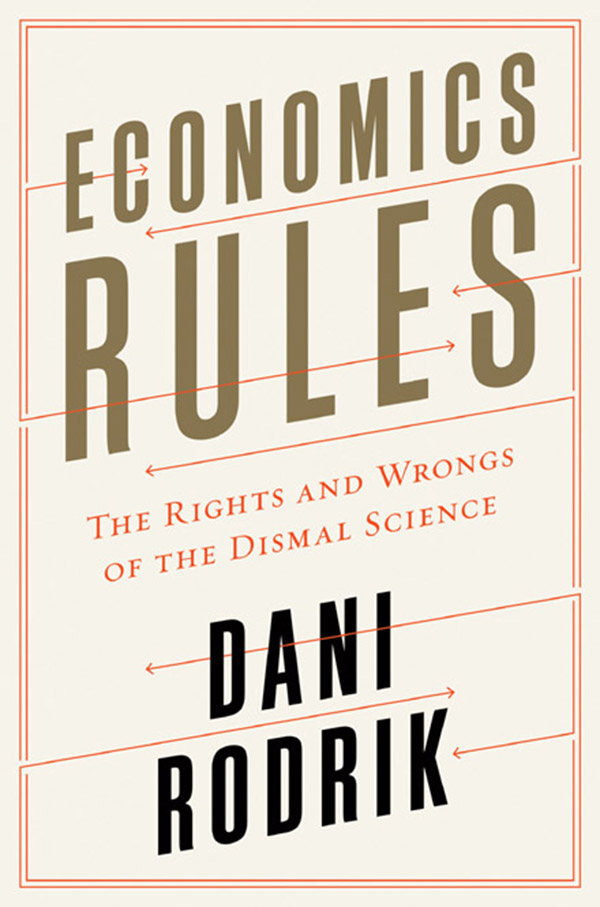
Economics Rules
The Rights and Wrongs of the Dismal Science
کتاب های مرتبط
- اطلاعات
- نقد و بررسی
- دیدگاه کاربران
نقد و بررسی

June 8, 2015
Lately, economics has acquired a bad rap. After all, if the "dismal science" couldn't even predict the Great Recession, what good is it? That is the question Rodrik (The Globalization Paradox) addresses in this excellent little primer, ideally suited to introductory courses, that explains with clarity and wit what economics can and cannot do. Economists, Rodrik explains, construct modelsâsimplified versions of the real worldâto help them predict how a particular economy will respond to a particular stimulus: say, a new tax, a raise to the minimum wage, or an increase in interest rates. Rodrik likens economic models to "fables" and notes that when these go awry, it is likely because they have been mistaken for reality. He takes care, though, to recount success stories, such as John Maynard Keynes masterminding the post-WWII economic order at Bretton Woods, or Ben Bernanke (in his view) stopping the Great Recession from becoming another Great Depression. He also says that we can thank economics for everyday conveniences like cheap airline tickets and efficient auctions of wireless frequencies. This book does indeed show that economics and economists exert an outsized influence, ideally wisely, in the world today. Agent: Andrew Wylie, the Wylie Agency.

August 1, 2015
Rodrik (economics, Inst. for Advanced Study; The Globalization Paradox) discusses the foundations of economics and the pitfalls that lead economists astray. He sums up the discipline as a navigable collection of models, and argues that their use is what makes economics a science, that the employment of correct frameworks can both illustrate how the world works and demonstrate what could be done to improve it. Problems occur, says the author, when incorrect theories are chosen or when a tool attempts to do too much. Rodrik explains the process of selecting, verifying, and utilizing models. As an example of the field's failings, he cites how most economists were surprised by the 2008 housing collapse because they had accepted the theory that self-regulating efficient markets would prevent such an asset bubble. VERDICT Rodrik's clear writing limits jargon, but his subject matter is necessarily demanding. Part rant, part survey, part critical assessment of his profession, the author's stimulating insights will be most helpful to practitioners and especially students embarking on serious study in economics.--Lawrence Maxted, Gannon Univ. Lib., Erie, PA
Copyright 2015 Library Journal, LLC Used with permission.

























دیدگاه کاربران